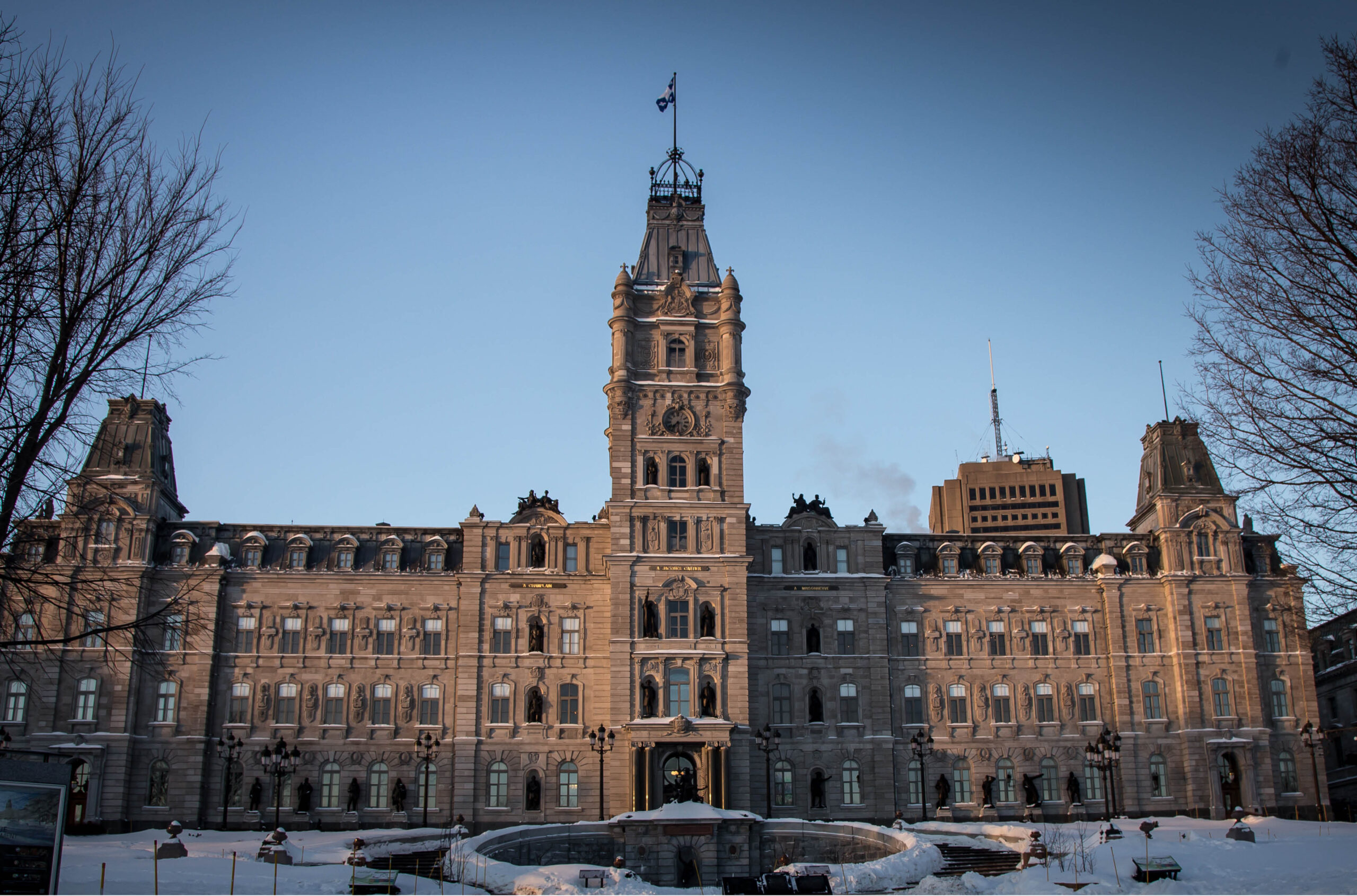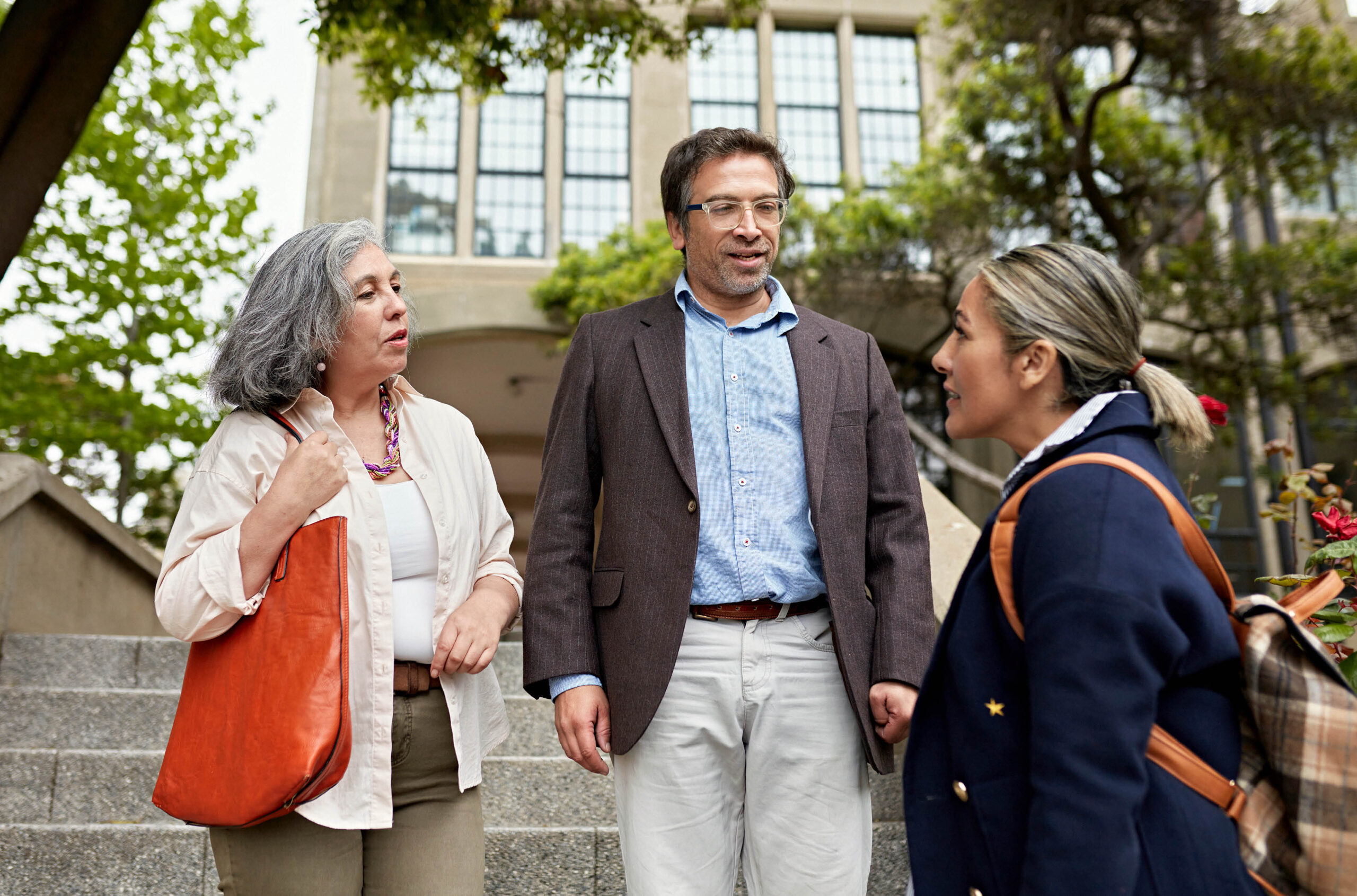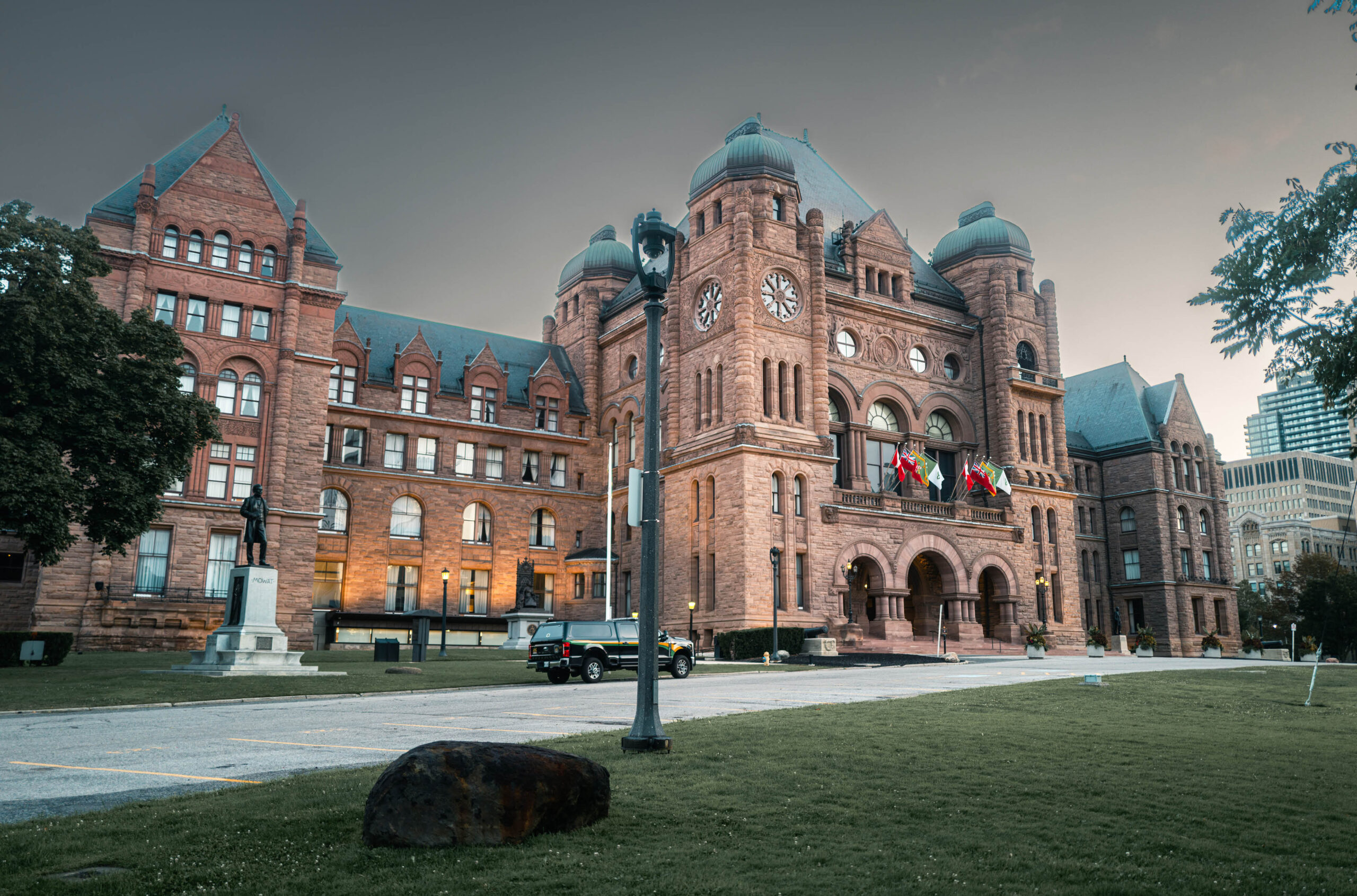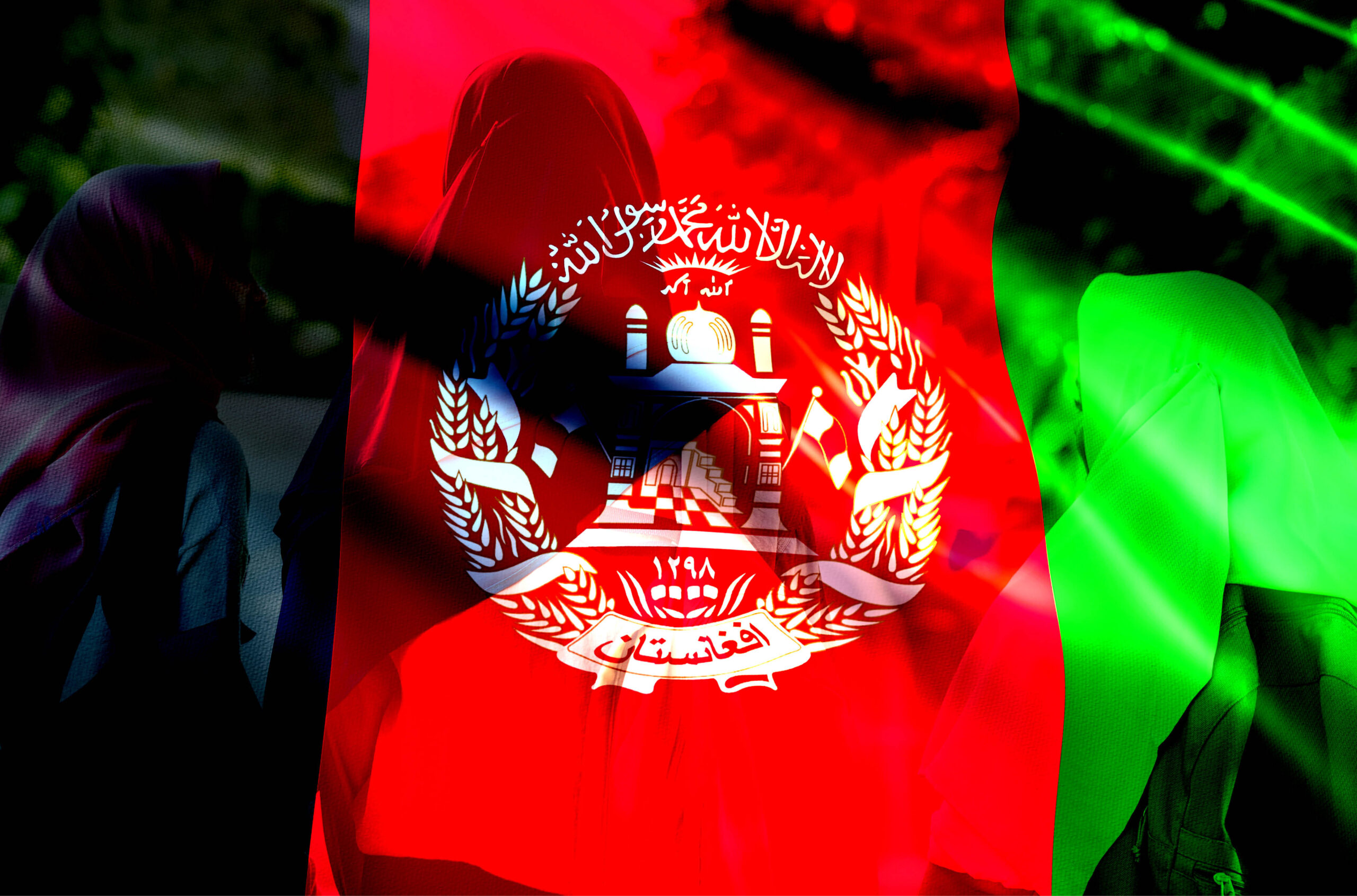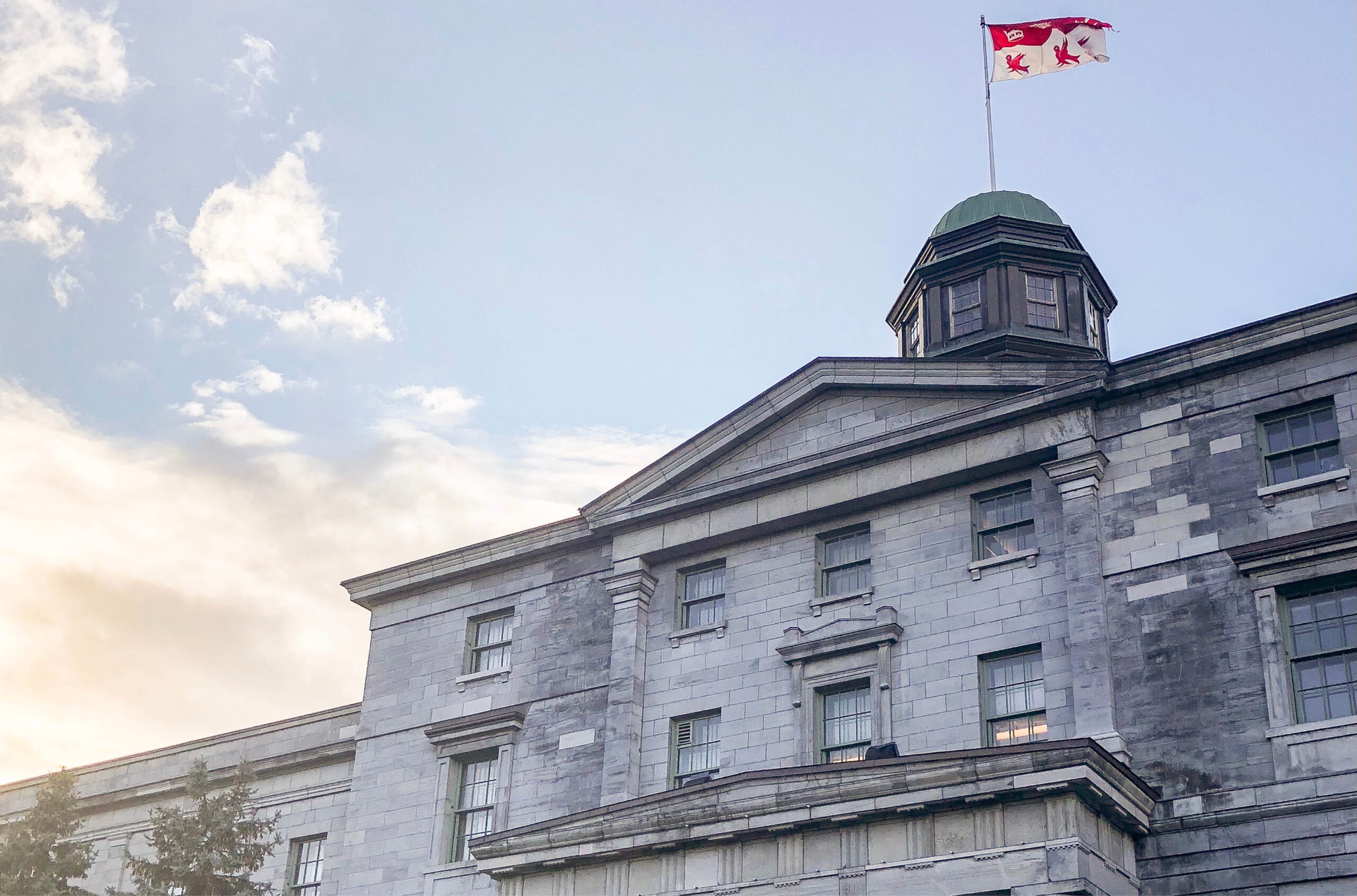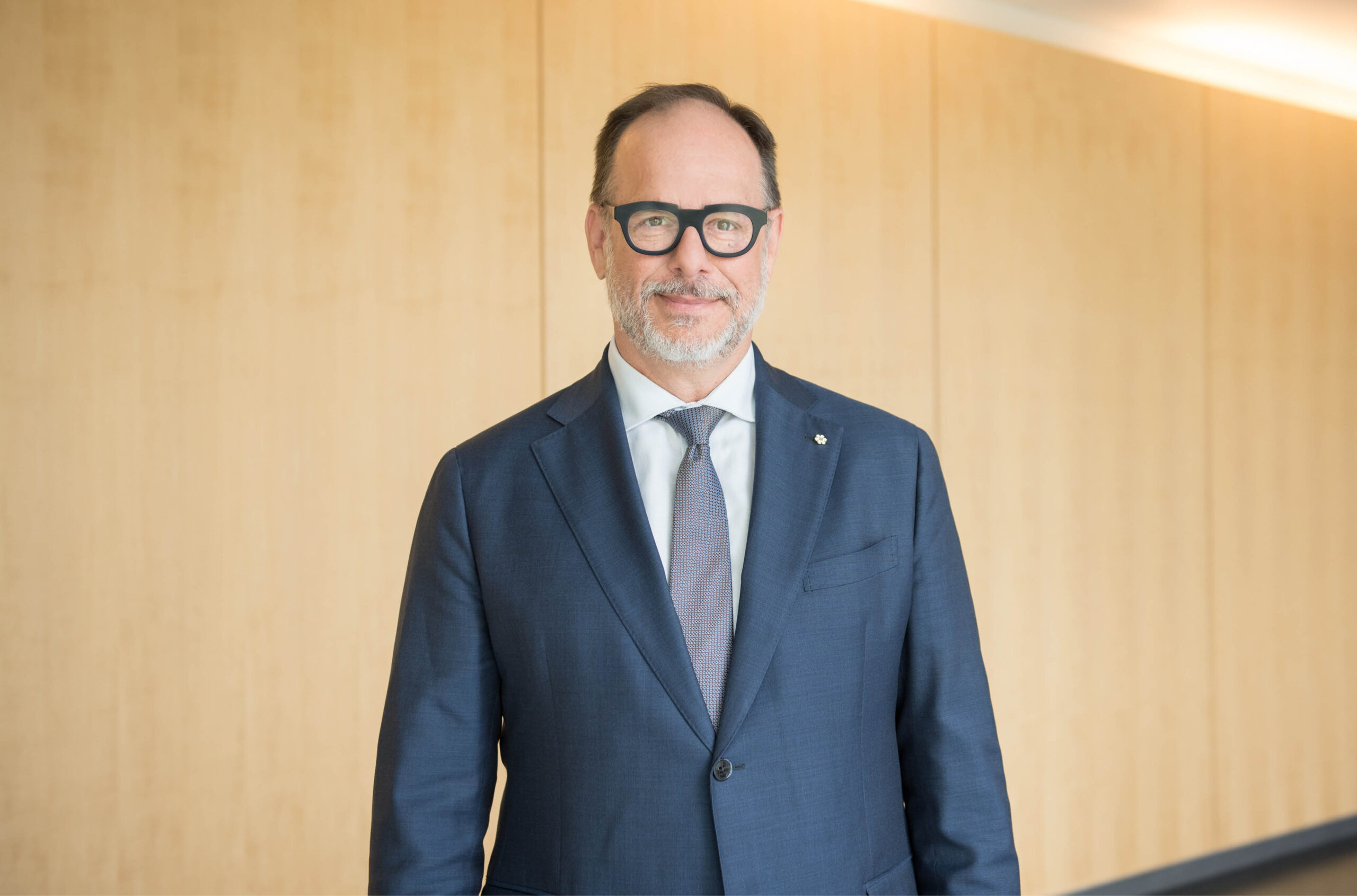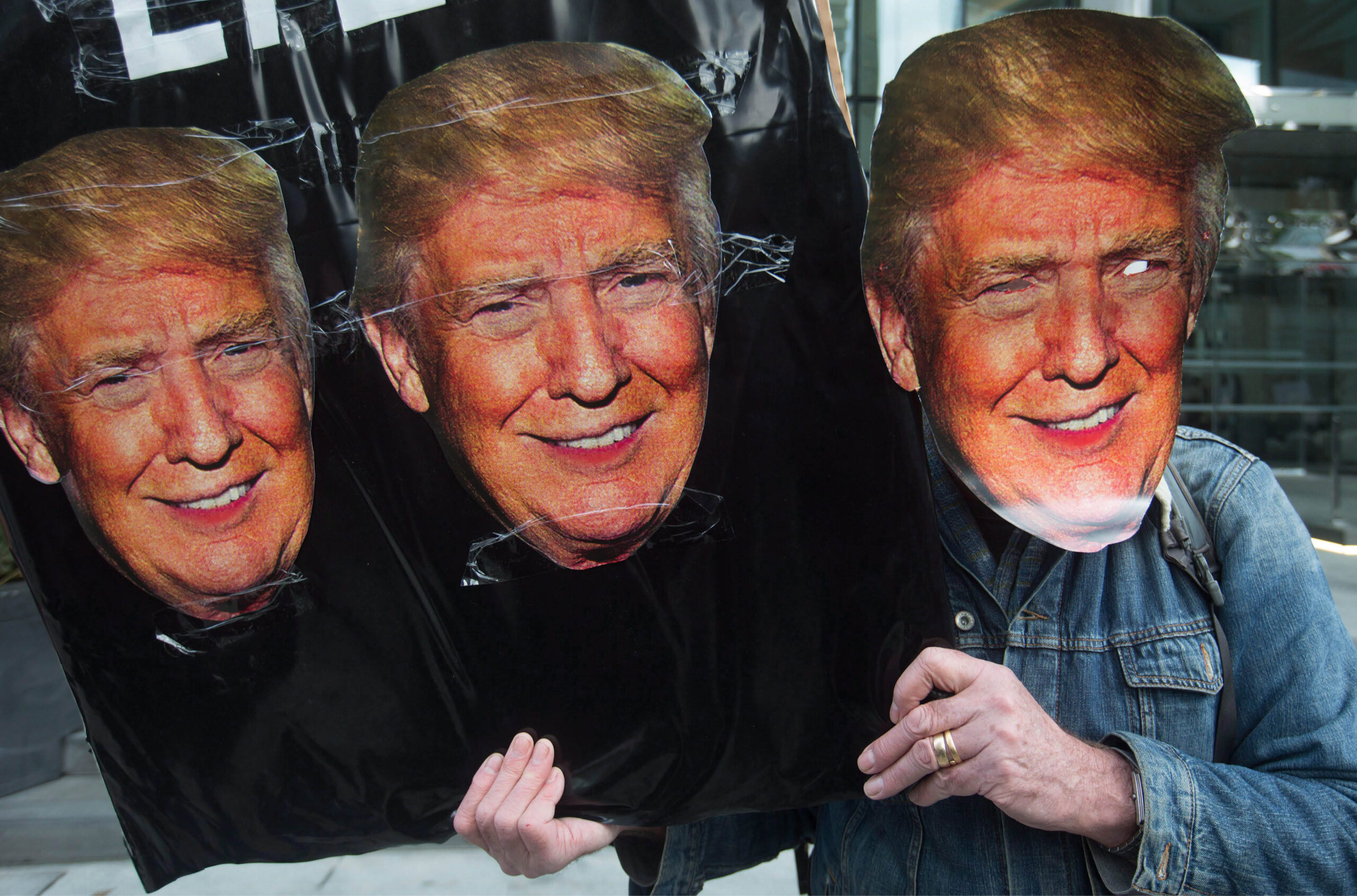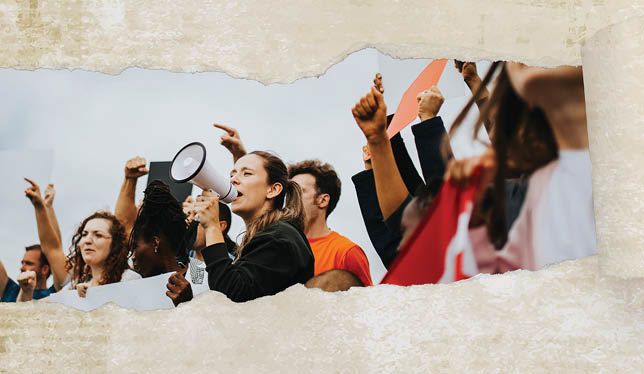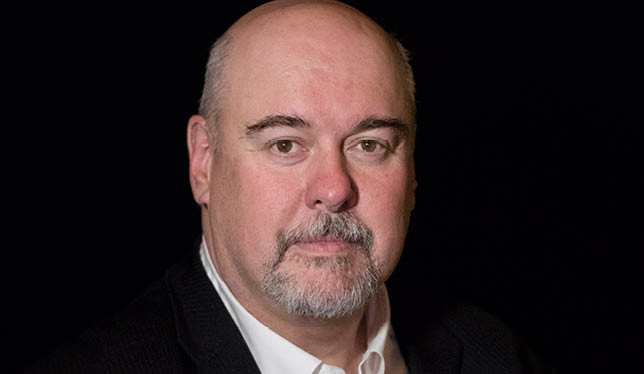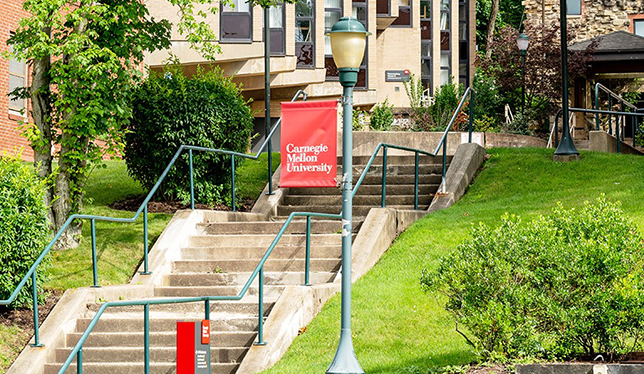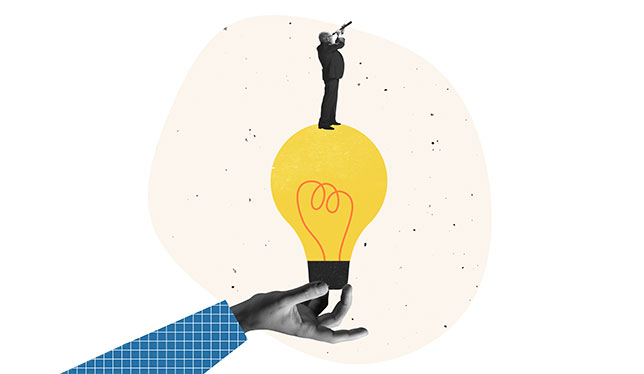-
Quebec’s proposed Constitution sparks universities’ opposition
The bill before the province’s national assembly would restrict universities’ ability to challenge legislation, but its future is in doubt with the resignation of Premier François Legault.
-
Defending the Academy
Current challenges offer opportunity to reassert our public purpose.
-
Critics mull challenge to Ontario’s Bill 33
Government regulation of student fees, admissions criteria, cause controversy around new provincial education law.
-
Universities without borders: Teaching medicine to women in Afghanistan
Despite the ban on female higher education, a unique online program is training 146 Afghan women to become doctors.
-
Faculty challenge of Quebec labour bill a rare constitutional move
McGill professors say academic freedom is at stake.
-
When democracy teeters, where do universities stand?
University of Regina Professor Marc Spooner analyzes the threats to academia’s public mission.
-
Who’s afraid of academic freedom?
Defenders of democratic debate are rising to meet the challenges of ideological polarization, governmental interference, and underfunding of academic institutions.
-
Political turbulence poses threats, opportunities
Université de Montréal rector Daniel Jutras reflects on how Canadian universities are reacting to events in the U.S. and the grounds for optimism amid the turmoil.
-
Rewriting history by decree
Canadian historians caution against U.S. trend of political interference
-
Testing limits: navigating the complex web of national security, research and diversity
Canada is balancing security imperatives and the need for diversity in academic research. How do we maintain our global commitments while protecting our national interests?
-
Balancing respect and freedom in an era of global tensions
When international conflicts arise, Canadian universities have to juggle free speech and academic freedom, while also managing external pressures.
-
Defending academic freedom
David Robinson, executive director of the Canadian Association of University Teachers, shares his thoughts on how the debate over the Israel-Hamas conflict is threatening fundamental principles of academia.
-
Carnegie Mellon’s ill-considered damage control
What the university could have done better to protect academic freedom after a professor’s controversial tweet went viral.
-
The view from the dean’s office
While my own academic freedom is less robust since becoming a senior administrator, I have loved finding new ways of defending academic freedom for others.
